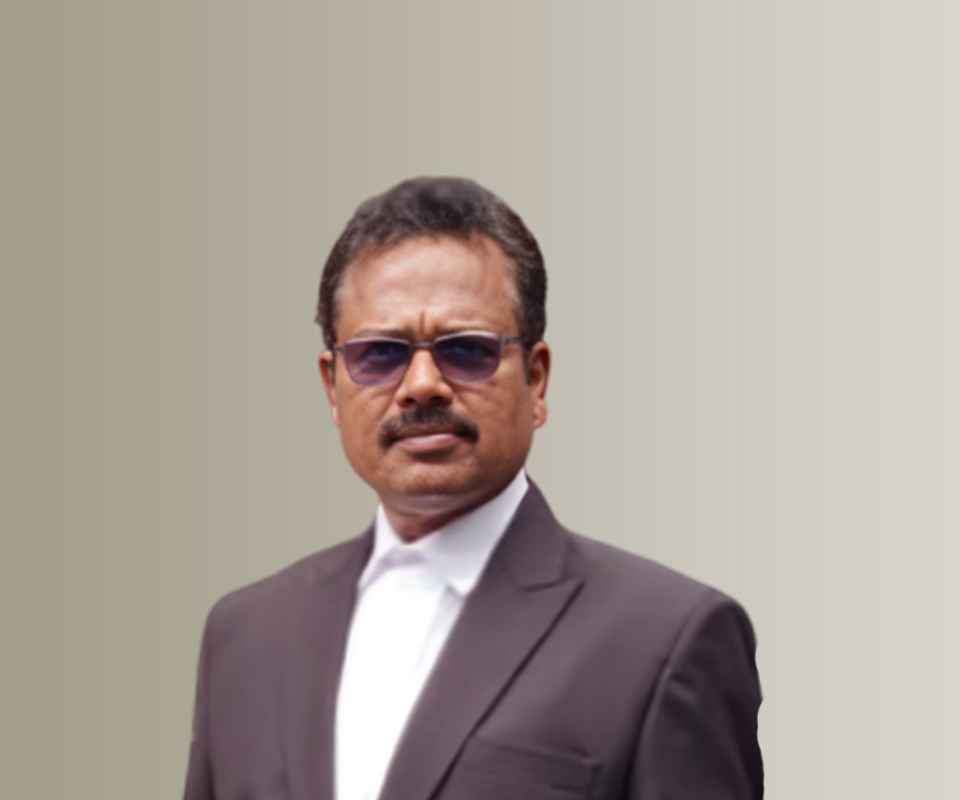Answer By law4u team
Constitution Of India Article 64: The Vice-President to be ex officio Chairman of the Council of States
The Vice-President shall be ex officio Chairman of the Council of States and shall not hold any other office of profit: Provided that during any period when the Vice-President acts as President or discharges the functions of the President under article 65, he shall not perform the duties of the office of Chairman of the Council of States and shall not be entitled to any salary or allowance payable to the Chairman of the Council of States under article 97.
Brief Detail
Article 64 designates the Vice-President as the ex officio Chairman of the Rajya Sabha (Council of States). However, if the Vice-President assumes the role of President or takes up presidential functions under Article 65, they are not entitled to perform the duties of the Chairman and cannot receive any salary or allowances associated with that role.
Question & Answers
What is the primary role of the Vice-President as per Article 64?
Article 64 makes the Vice-President the ex officio Chairman of the Rajya Sabha, responsible for presiding over its sessions.
What happens if the Vice-President acts as President or discharges presidential functions?
If the Vice-President assumes the role of President or exercises presidential functions under Article 65, they do not perform their duties as the Chairman of the Rajya Sabha and are not entitled to any associated salary or allowances.
Example
For example, if the Vice-President of India is acting as President during a vacancy in the President's office, they will not be entitled to preside over the Rajya Sabha or receive the salary/allowances associated with the Chairman of the Council of States.
Summary
Article 64 establishes the Vice-President as the ex officio Chairman of the Rajya Sabha, while ensuring that certain exceptions apply when the Vice-President assumes presidential duties.







